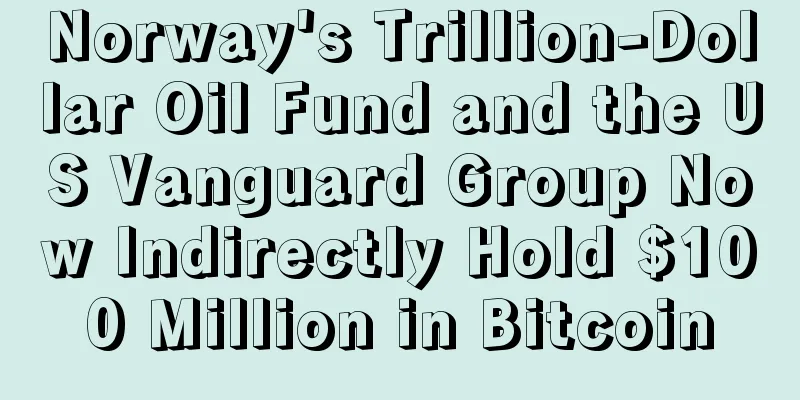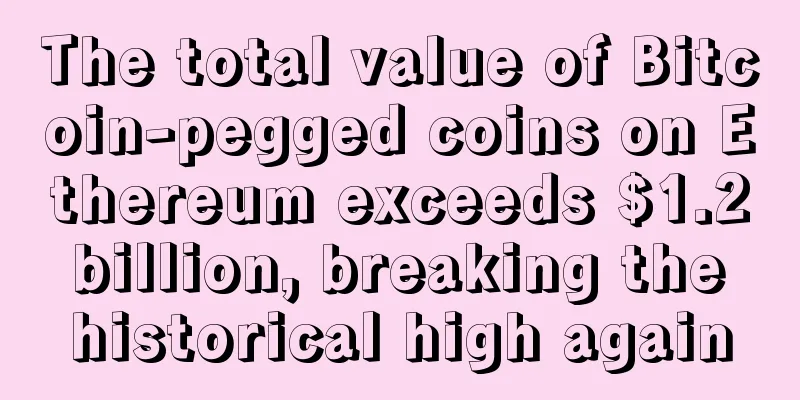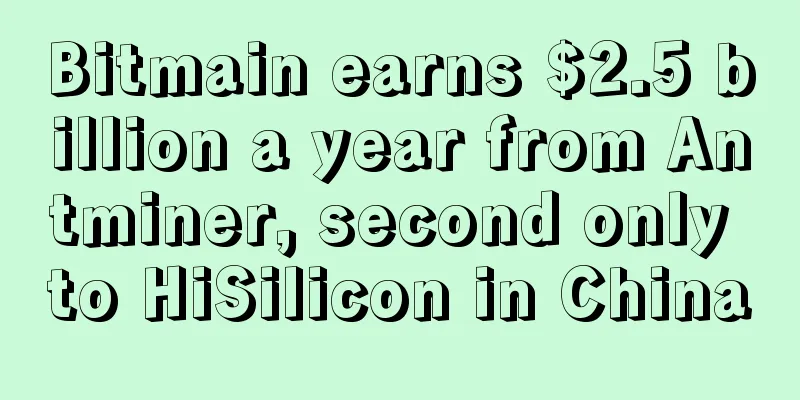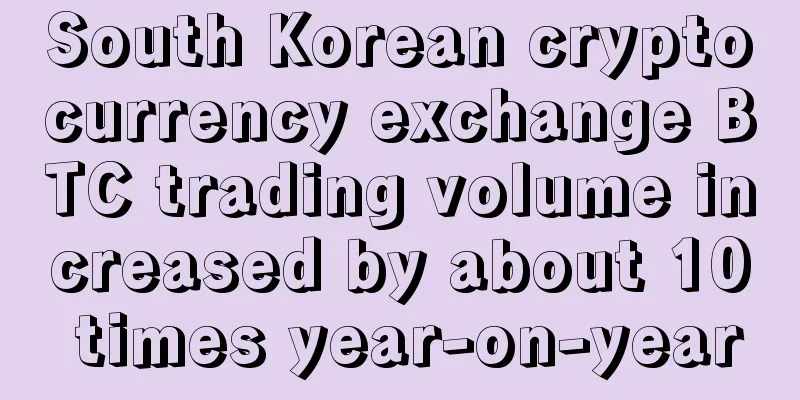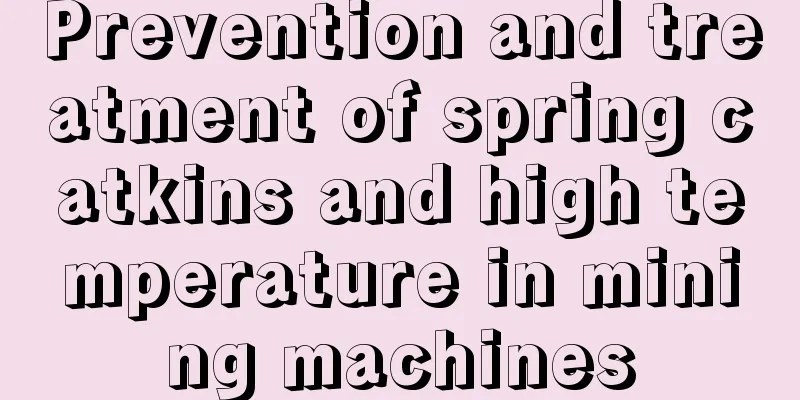Why did the US SEC reverse its attitude towards the spot Ethereum ETF? What will happen next?
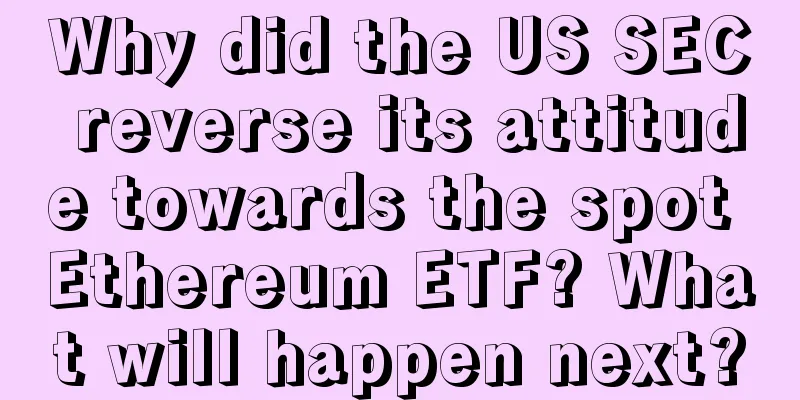
|
On May 20, the US SEC began to inform funds to speed up the update of 19b-4 documents, indicating that the chances of spot Ethereum ETF being approved have increased. What does this mean? On May 20, it was reported that the U.S. Securities and Exchange Commission asked exchanges to speed up the update of 19B-4 documents regarding spot ETH ETFs. This move has sparked speculation that the SEC has a more favorable attitude towards ETF applications before the approval deadline on Thursday. While it’s not a done deal, Bloomberg ETF analysts Eric Balchunas and James Seyffart raised the odds of an ETH ETF being approved from 25% to 75%. What is the reason? It is the dual pressure of politics and economy. This year is an election year, and the market demand for alternative assets such as cryptocurrencies is growing (see BTC ETF), which will become a positive catalyst for the cryptocurrency market. The prediction markets (usually a bellwether for outcomes) reacted violently to the news: after a harrowing trend from 75% pass rate in January to 0%, we were back to 66% pass rate in just one hour. Much of the market did not anticipate this given the SEC’s aggressive stance on cryptocurrencies, especially ETH. While the SEC itself has called ETH a commodity, a few like SEC Chairman Gary Gensler have consistently called it a security (given concerns about collateralization). Not to mention Senator Elizabeth Warren’s outspoken stance on cryptocurrencies. More recently, Trump (in typical partisan fashion, of course) has leaned into embracing cryptocurrencies (despite past rhetoric to the contrary), citing the performance of his NFT collections. So, what does this mean and what do we do next? The last time we saw something like this was when the Bitcoin ETF was approved in January 2024, which led to a steady increase in the price of Bitcoin from $30,000 in November 23 to $46,000 in January. This price trend usually marks mainstream financial acceptance of BTC/ETH as an asset class that the market wants to participate in, allowing the public to access the underlying cryptocurrency, bringing a lot of verification needs to the industry. If there is strong demand for a spot ETF, the ETF must buy the underlying currency, unlocking exposure to the asset for a large group of investors who are not typical crypto people, crypto-savvy funds, family offices or speculators. ETFs are regulated, so they are "safer." This is boring capital, orders of magnitude larger than the crypto capital we see today. These large pension/endowment funds have massive amounts of money (even 0.5% to 1% of that going to crypto is pretty significant for the crypto industry). This is a good development considering the sideways price action over the last month and the debate over the demise of ETH. Capital entering ETFs generally does not care about ETH's consistency, re-staking yield, decentralization, scaling, low float and high FDV debates. They do not trade on-chain, do not seek degen returns, and do not trade meme coins. But overall, they are definitely conducive to capital inflows and gaining attention. |
<<: The development prospects of Ethereum ecosystem
>>: ETH surged 20% overnight. Did the US SEC make a 180-degree reversal on the spot Ethereum ETF?
Recommend
What is the fortune and personality of a person with a hanging nose in the Sand-Gold Fate?
Many times, facial features will affect a person&...
How to look at the forehead and cheekbones of women's face analysis
The forehead is located in the forehead area of ...
First company in Kyrgyzstan to pay salaries in Bitcoin
Sputnik, a news agency operating in Kyrgyzstan, a...
How is the luck of men with shaggy eyebrows when playing cards?
We all know that no matter what the purpose of pl...
Microsoft calls for the signing of the Digital Geneva Convention, Bitcoin miners and traders should be protected
Tech giant Microsoft is calling on governments to...
What is the fate of a woman with a "川" pattern on her palm?
What is the fate of women with "川" patt...
The fate of a man with a mole in his eyebrow
As one of the traditional physiognomy techniques, ...
Several predictions on the development of blockchain technology in 2016
As Goldman Sachs said in its report: Blockchain t...
The shape of your breasts determines your life destiny
The shape of your breasts determines your life de...
What is the folk saying for a white hair growing on the left eyebrow?
What is the folk saying about a white hair growin...
Women's palmistry indicates a bumpy marriage
Women's palmistry indicates a bumpy marriage ...
What are nasolabial lines? How to read nasolabial lines on the face
Nasal folds are also called "longevity bands...
Payment platform Stripe will stop supporting Bitcoin: deadline is April 23
Sina Technology News, Beijing time, January 24 mo...
The facial features of a more rational person
People prefer to get along with rational people r...
What kind of face makes people have a good personality and are easy to talk to?
What kind of face makes people have good personal...


